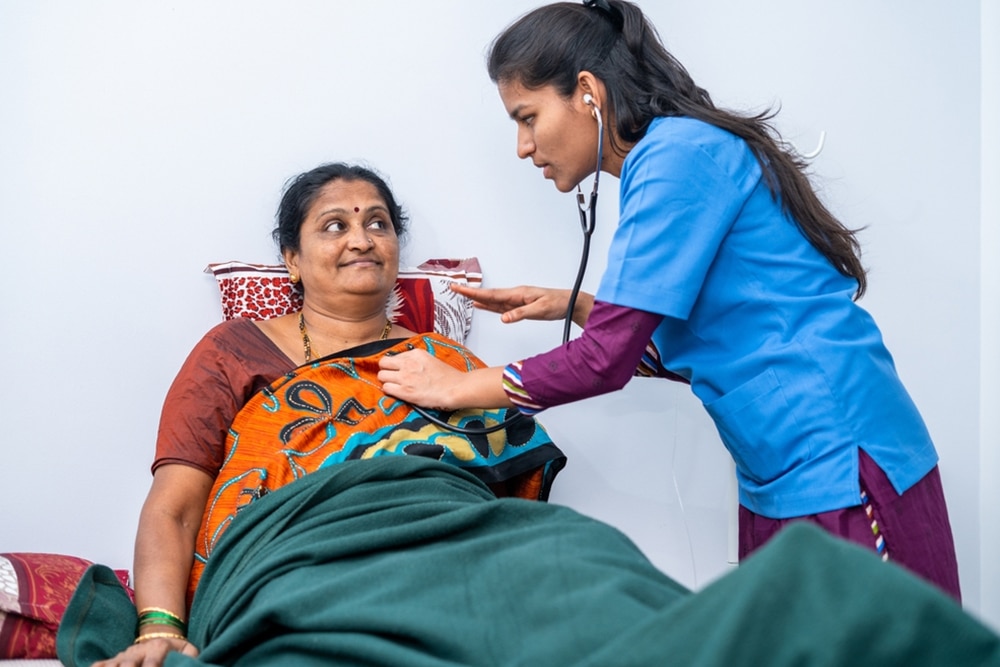Essential Foods for Elderly Nutrition: A Complete Guide for Better Health in India
As individuals age, maintaining a well-balanced, nutrient-rich diet becomes crucial for supporting overall health and well-being. The food choices we make for our elderly loved ones can greatly impact their quality of life, immunity, and energy levels. In this guide, we will explore 7 essential foods that can enhance the diet of elderly individuals, particularly in India. These foods are packed with nutrients that promote healthy aging, strength, and cognitive health.
Let’s take a look at how incorporating these foods into a daily diet can nourish the elderly and keep them active, healthy, and happy.
1. Nuts and Seeds: Nutrient-Rich and Heart-Healthy
Almonds, walnuts, flaxseeds, chia seeds, and sunflower seeds are packed with heart-healthy fats, fiber, and essential vitamins like vitamin E. For the elderly, consuming a small handful of these every day can improve heart health, help manage cholesterol levels, and support cognitive health. Additionally, the healthy fats found in nuts and seeds can keep the skin supple and reduce inflammation in the body, making them an ideal snack or addition to meals.
2. Greek Yogurt: High in Protein and Probiotics
Greek yogurt or traditional Indian curd (dahi) is a great source of protein and probiotics, essential for muscle strength and gut health. As elderly people often experience a decrease in muscle mass and digestion issues, consuming high-protein yogurt can help maintain muscle strength and improve digestion. The probiotics in yogurt also help in boosting the immune system and ensuring nutrient absorption, which is important for overall health.
3. Berries: Antioxidant Boost for Brain Health
Berries, including blueberries, strawberries, and Indian amla (gooseberries), are low in calories but high in antioxidants, especially vitamin C. These antioxidants fight oxidative stress in the body, reducing the risk of cognitive decline and maintaining brain health. Berries are a perfect snack for the elderly, as they not only support brain function but also improve skin health, help manage blood sugar levels, and reduce the risk of certain cancers.
4. Whole Grains: Energy and Fiber for Digestive Health
Whole grains like brown rice, oats, quinoa, and millets (ragi, jowar, bajra) are staples in an elderly person’s diet for good reason. They are excellent sources of fiber, which aids digestion, and complex carbohydrates, which provide sustained energy throughout the day. Whole grains also help manage blood sugar and reduce the risk of cardiovascular diseases, keeping energy levels steady and ensuring digestive comfort.
5. Leafy Greens: Packed with Essential Nutrients
Leafy greens such as spinach, methi (fenugreek), sarson (mustard greens), and kale are nutrient powerhouses. They are rich in vitamins A, C, K, and calcium, all essential for bone health, immune support, and vision. For the elderly, these greens are especially important for preventing conditions like osteoporosis and age-related macular degeneration. Their high fiber content also aids digestion, which is a common concern for the elderly. A diet rich in leafy greens can keep them feeling lighter and more energetic.
6. Fatty Fish: Rich in Omega-3 Fatty Acids
Fatty fish like salmon, mackerel, sardines, and Indian Rohu are excellent sources of omega-3 fatty acids, which are known for their powerful anti-inflammatory properties. These healthy fats contribute to better heart health and brain function. Omega-3s are particularly important for the elderly as they help reduce the risk of chronic conditions such as heart disease, arthritis, and cognitive decline. Including fish in the diet at least twice a week can also improve joint flexibility and memory function.
7. Hydration and Balanced Meals
Hydration is just as important as nutrient-rich foods. Elderly people should drink plenty of water, coconut water, or herbal teas to stay hydrated. Balanced meals that include a variety of fruits, vegetables, proteins, and healthy fats ensure that all nutritional needs are met. Limiting processed foods, high sugars, and excessive salt can also help prevent lifestyle diseases like diabetes and hypertension.
Personalizing Nutrition for Individual Needs
It’s important to remember that dietary needs vary based on an individual’s health conditions, medications, and lifestyle. Consulting with a healthcare professional or dietitian can help tailor a diet plan that meets the specific requirements of your elderly loved ones.
FAQ Section
Q1. Why are omega-3 fatty acids important for the elderly?
Omega-3 fatty acids help reduce inflammation, improve heart health, and support brain function, which are vital for elderly individuals.
Q2. How much protein should an elderly person consume daily?
The daily protein requirement varies, but on average, elderly individuals should aim for 1-1.2 grams of protein per kilogram of body weight to maintain muscle mass.
Q3. Can nuts and seeds be eaten every day?
Yes, a small handful of nuts and seeds can be consumed daily to provide healthy fats, fiber, and essential vitamins, promoting heart and brain health.
Q4. What are good whole grain options for the elderly?
Whole grains like brown rice, oats, quinoa, and millets are excellent choices for the elderly as they are high in fiber and provide energy.
Q5. Should elderly people avoid dairy products?
No, dairy products like yogurt or milk can be beneficial for bone health and digestion, especially if they are high in protein and probiotics.
Conclusion
Ensuring a well-balanced and nutrient-dense diet for the elderly can significantly improve their quality of life, helping them age gracefully with better energy, stronger immunity, and improved cognitive function. By incorporating foods like fatty fish, leafy greens, berries, yogurt, nuts, and whole grains into their daily diet, along with staying hydrated and mindful of their unique needs, you can help them lead a healthier, happier life.
Making these small but impactful dietary changes can offer long-lasting benefits to your elderly loved ones, helping them stay active and healthy for years to come.









